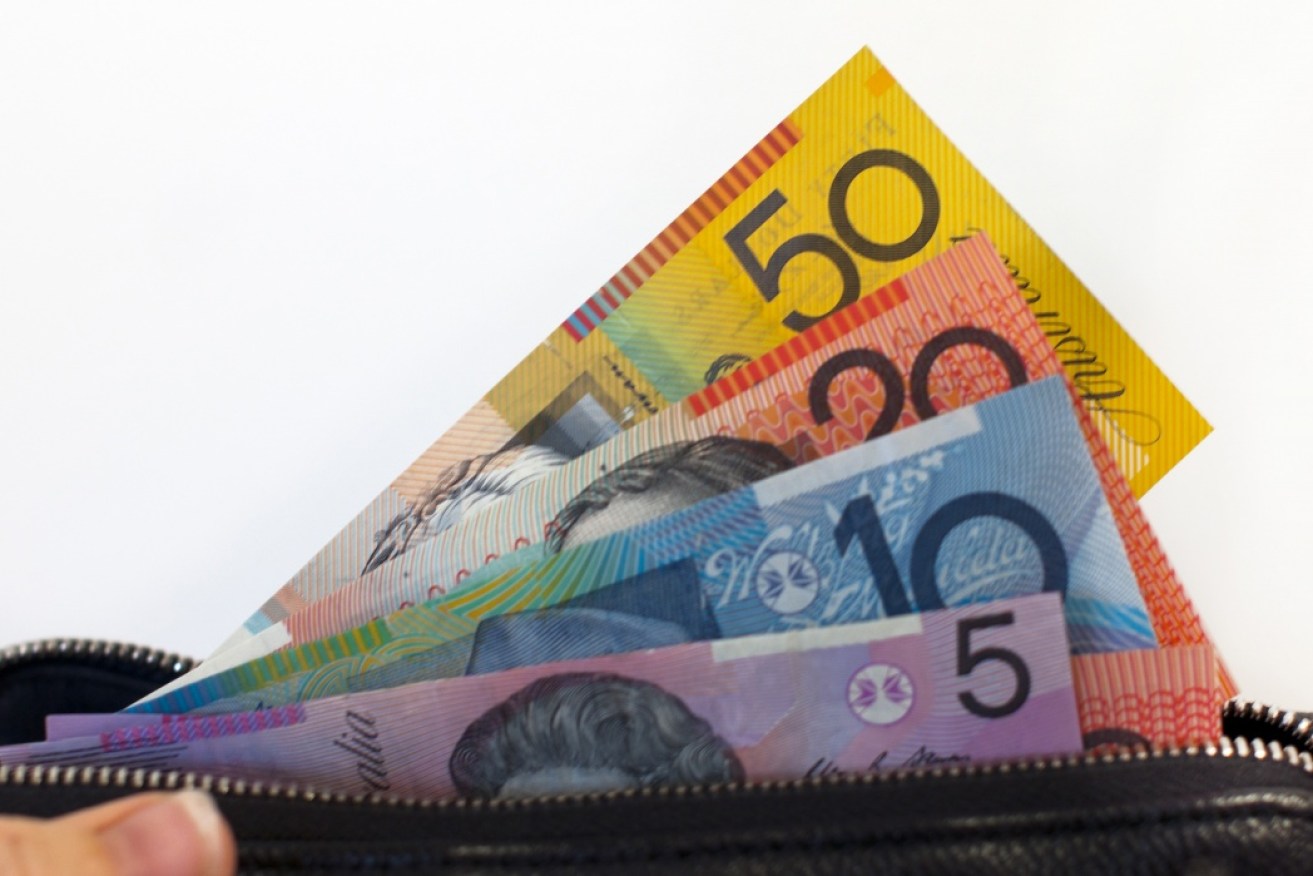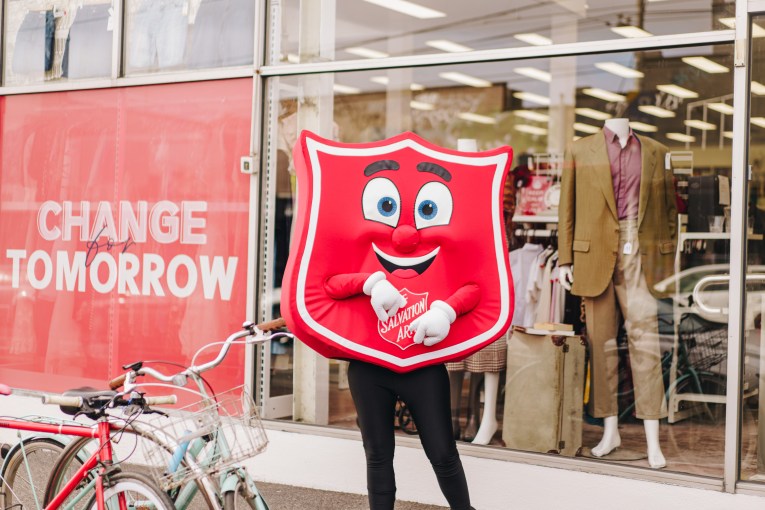Businesses are operating as cash-only to avoid paying tax


The Reserve Bank has held official interest rates at 1.5 per cent since August 2016. Photo: Getty
If you’ve ever been confronted with a ‘cash-only’ sign and felt suspicious as to why the business doesn’t accept card payments, you’re not alone.
According to research by the Australian Taxation Office (ATO), two-thirds of consumers believe cash-only small businesses are profiting from getting away with paying less tax.
An ATO blitz last year forced seven out of 10 cash-only businesses to increase the amount of tax paid, totalling $200 million in tax and penalties.
So is there reason to question the ethics of cash-only businesses?
The New Daily asked a Melbourne business why it chooses to only accept cash.
“The charges for taking card payments are expensive. Once we pay that, there’d be nothing left for us,” the store manager told The New Daily.
“We also get a lot of business people during the lunch rush and it would slow things down if people pay by card. There would be a long queue.”
When questioned about whether tap-and-go would be quicker, she responded: “A lot of people don’t like to use that.”
But ATO assistant commissioner Matthew Bambrick said tap-and-go payments are almost twice as fast and cost nine cents less than cash payments, on average, when handling and staff time are taken into account.
The ATO research found that more than 40 per cent of cash-only small business owners had never investigated the introduction of electronic payments.
The cost businesses incur from a card transaction factors in the size of the business and the payment method used.
Payments made through the domestic EFTPOS system, which is used to process debit cards, are usually quite low, according to the Reserve Bank of Australia – generally below 0.5 per cent and up to 1 per cent.
Credit cards could cost a business 1 per cent to 1.5 per cent for Visa or Mastercard, and between 1.5 per cent and 2 per cent for American Express.
Adjunct Professor Steve Worthington, of Swinburne University, whose research focuses on the distribution of financial services via payment cards, said these costs for using card payment machines have reduced considerably over the past decade and are now “quite minimal”.

About 20 per cent of cash-only businesses say providing card payments is too expensive. Photo: TripAdvisor
Leading GST and tax expert Ken Fehily, who also advises the ATO and Treasury, said Australians had good reason to be suspicious of cash-only businesses.
He said small business’ avoidance of tax is “exceptionally widespread”.
“It’s more than a public perception. It’s reality,” Mr Fehily told The New Daily.
“Not getting a tax invoice is basically proof of that. Consumers in Australia are not dumb.”
The Black Economy Taskforce (an initiative of the federal Treasury) estimates the ‘black economy’ to be worth as much as $50 billion, more than twice what the Australian Bureau of Statistics estimated in late 2016.
Mr Worthington said many businesses only accept cash, with some classic examples including massage parlours, nail salons and tattoo studios.
“If it’s only accepting cash, you’ve got to question the validity of that business and whether they’re paying tax,” he said.
“They could be avoiding paying their GST tax, or avoid paying tax altogether, full stop.
“There is no legitimate reason other than to selfishly allow themselves to earn more money.”
Are there any legitimate reasons for being cash only?
Tim Mazzarol, former president of the Small Enterprise Association of Australia and New Zealand, said the only other reason may be to serve customers who don’t have a debit or credit card.
“But in a country like Australia, it is really uncommon and probably unnecessary for any serious business not to have electronic forms of payment,” he said.
Accounting and tax expert Brett Govendir said a business may opt to be cash-only due to the lag time between a customer paying and the bank crediting the business’ account with the payment.
Sinclair Davidson, a professor in institutional economics at RMIT University, said some small, start-up businesses may be cash-only because they have not yet had time to set up the infrastructure for card payments.
The ATO website advises consumers to ask for a receipt for any cash payments they make. If a business refuses to provide you with a receipt, it could mean it is not paying tax.
Businesses can be reported to the ATO anonymously or by calling 1800 060 062.








